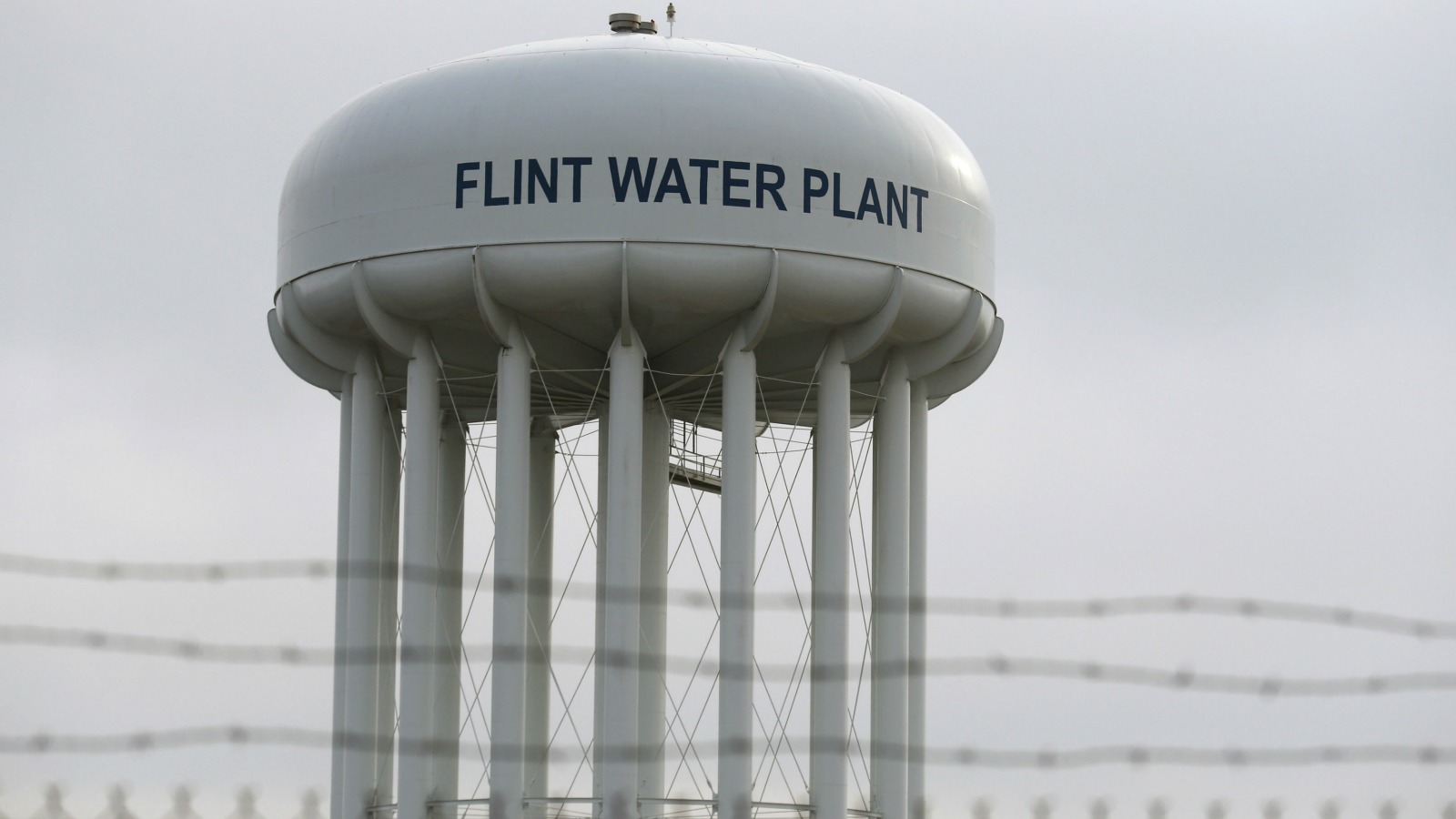The Flint water crisis wasn’t just terrible for the thousands of its residents who were exposed to lead. It’s also been bad for the city’s coffers — really bad.
According to Peter Muennig from Columbia University’s School of Public Health, switching the water supply from Lake Huron to the Flint river — a move that was intended to save the city $5 million — will actually cost the city nearly $460 million.
That figure doesn’t just cover emergency water and medical care — it includes social costs, including “lower economic productivity, greater dependence on welfare programs, and greater costs to the criminal justice system,” as James Hamblin points out in The Atlantic.
Young people are particularly vulnerable to lead poisoning, which has serious consequences on developing brains and can result in intellectual disabilities and anti-social behavior. And state officials have advised that all children under six in Flint – an estimated 8,000 to 9,000 kids – should be treated as though they’ve been exposed.
Two years after the lead crisis started, the water in Flint is still unsafe to drink without a filter.



